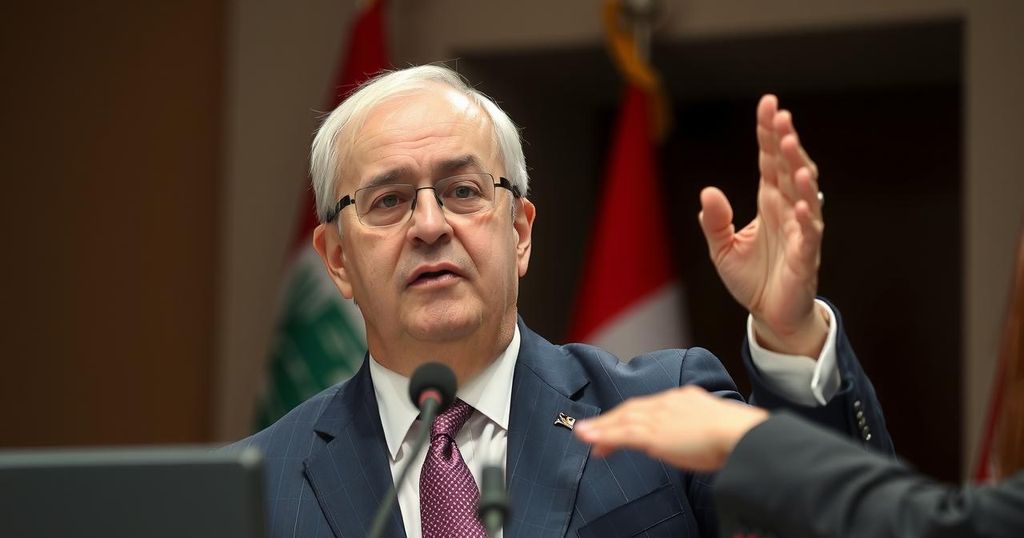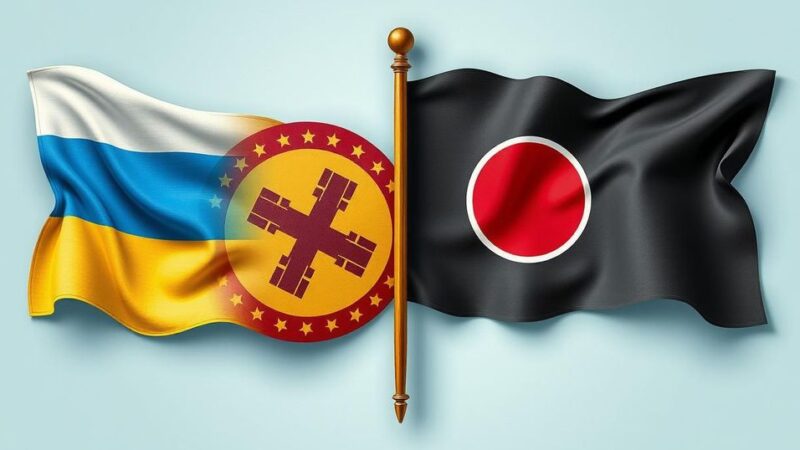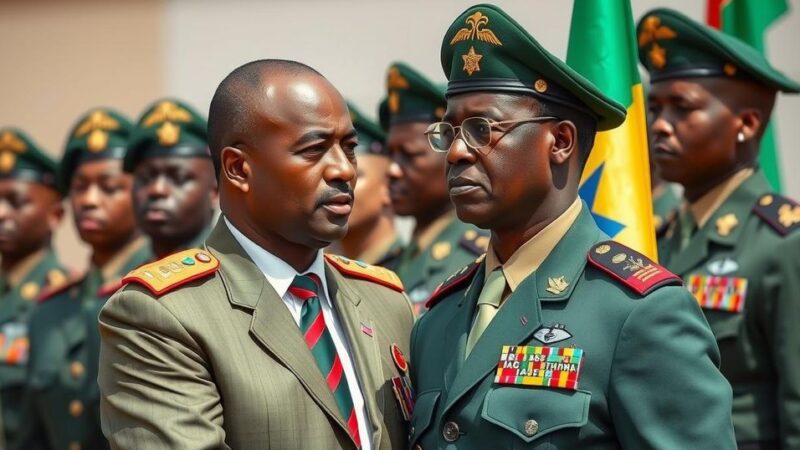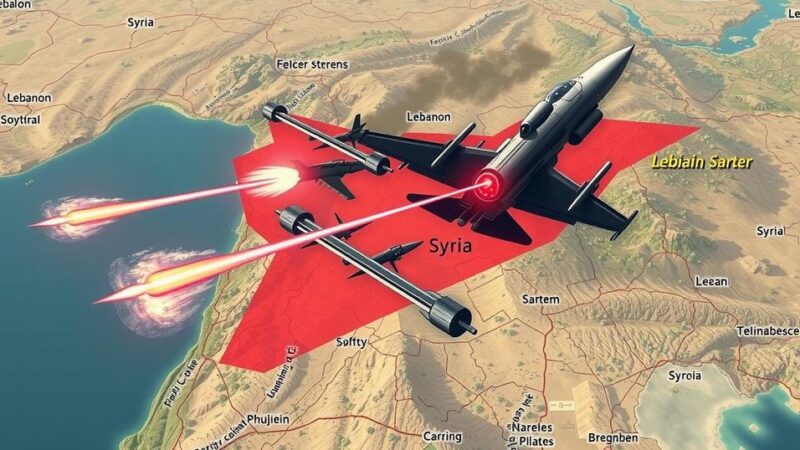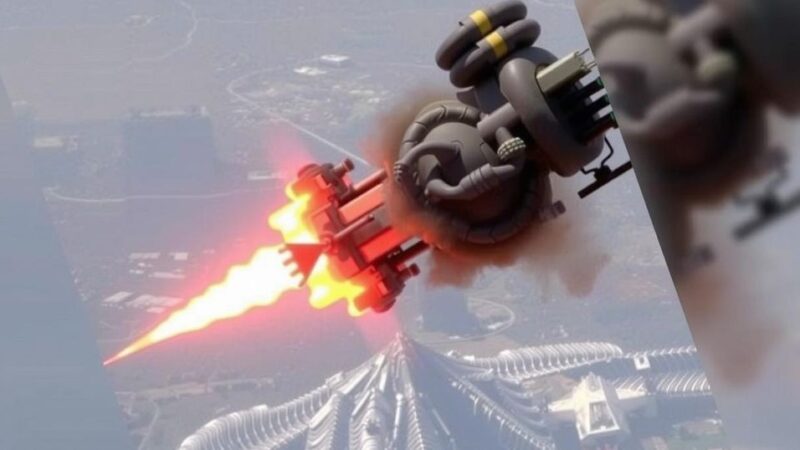General Joseph Aoun’s election as Lebanon’s president marks a setback for Hizbullah, reflecting its waning political power. Aoun faces immediate challenges, including stabilizing the ceasefire with Israel and forming a new government amid international pressure on Lebanon. With high public expectations, Aoun’s tenure will be tested against persistent political opposition.
The election of General Joseph Aoun as Lebanon’s new president signifies a pivotal defeat for Hizbullah and reflects the party’s waning dominance within the country’s political framework. Following a prolonged political vacuum of 26 months, Hizbullah failed to secure the presidency for its favored candidate, Suleiman Frangieh, who subsequently withdrew his nomination and opted to support General Aoun. This outcome is emblematic of Hizbullah’s reduced status, particularly following Israel’s military successes encouraging the new political alignment in Lebanon.
In light of this loss, both Iran and the Shia “Amal” movement, which backed Frangieh, face substantial obstacles in maintaining their influence. Concurrently, the international community anticipates that Aoun’s presidency will press Israel to adhere to its withdrawal commitments from southern Lebanon, offering a fresh impetus for diplomatic engagement.
General Aoun is now confronted with immediate challenges, notably the necessity to reinforce the ceasefire with Israel and Hizbullah, ensuring the Lebanese army’s effective deployment in southern regions. Furthermore, he must embark upon consultations to form a new government, replacing the interim administration led by Najib Mikati, which is crucial for Lebanon’s economic recovery, supported by the framework of UN Resolution 1701.
In his inaugural address, Aoun articulated his intent to dispel doubts regarding his capacity to address Hizbullah’s military arsenal. A major concern remains whether he will successfully stem the flow of armaments from Syria to Lebanon and curtail the financial sustenance provided by Iran to Hizbullah, particularly through critical supply routes such as Beirut’s international airport.
Political analysts suggest that Aoun’s election was significantly influenced by international pressures within Lebanon’s political milieu, despite prevalent opposition among various factions. His administration now bears the responsibility of cultivating vital regional and international relationships while remaining vigilant against resistance from Hizbullah and its allies, who have reportedly secured influential roles in the forthcoming government.
The political landscape in Lebanon has historically been characterized by the influence of various factions, particularly Hizbullah. Following an extended political impasse, the election of General Joseph Aoun shifts the balance of power, suggesting a decline in Hizbullah’s grip over Lebanese politics. The interplay between domestic factions and international influences shapes the current political environment, highlighting the need for strategic governance amid ongoing challenges.
The election of General Joseph Aoun as Lebanon’s president represents a significant transformation in the political dynamics of the country, particularly affecting Hizbullah’s influence. Tasked with stabilizing Lebanon and addressing prominent issues including ceasefire agreements and government formation, Aoun’s leadership will be observed closely. The success of his presidency hinges on his ability to navigate domestic opposition and forge necessary international alliances, offering a potential path towards recovery and reform.
Original Source: jcpa.org

